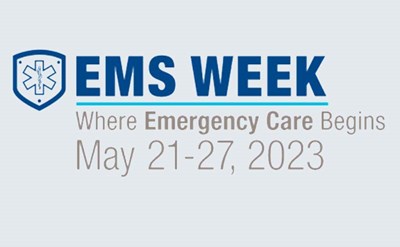September 10, 2022
“A lot of us go into emergency medicine because of the imperative to take care of every patient — the person without housing and a C.E.O. — and we’re really proud of that ethical obligation to say, ‘Here’s the patient in front of me and I’m going to do everything I can for them,’” said Dr. Alison Haddock, an emergency physician in Houston and chair of the board of the American College of Emergency Physicians. Now, she said, “We’re no longer basing our judgment on the clinical needs of the woman, we’re basing it on what we understand the legal situation to be.”
“Having to consult a lawyer in an emergent situation is a whole new ballgame,” said Dr. Alison Haddock, an emergency physician in Houston.
“Having to consult a lawyer in an emergent situation is a whole new ballgame,” said Dr. Alison Haddock, an emergency physician in Houston. Credit...Callaghan O'Hare for The New York TimesPhysicians would more typically talk to hospital lawyers about guardianship when caring for elderly or psychiatric patients, Dr. Haddock said. Now, when patients arrive with ectopic pregnancies, miscarriages or hemorrhaging — all situations where abortion has been established as standard care — the questions for the lawyers are more pressing: “Do we wait until the fetus is definitely dead, or is mostly dead good enough?” she asked. “If they’re telling us to wait for the condition to be fully emergent, how much bleeding is too much?”
“Having to consult a lawyer in an emergent situation is a whole new ballgame,” she said.
Click here to read the full article.
 American College of Emergency Physicians
American College of Emergency Physicians







